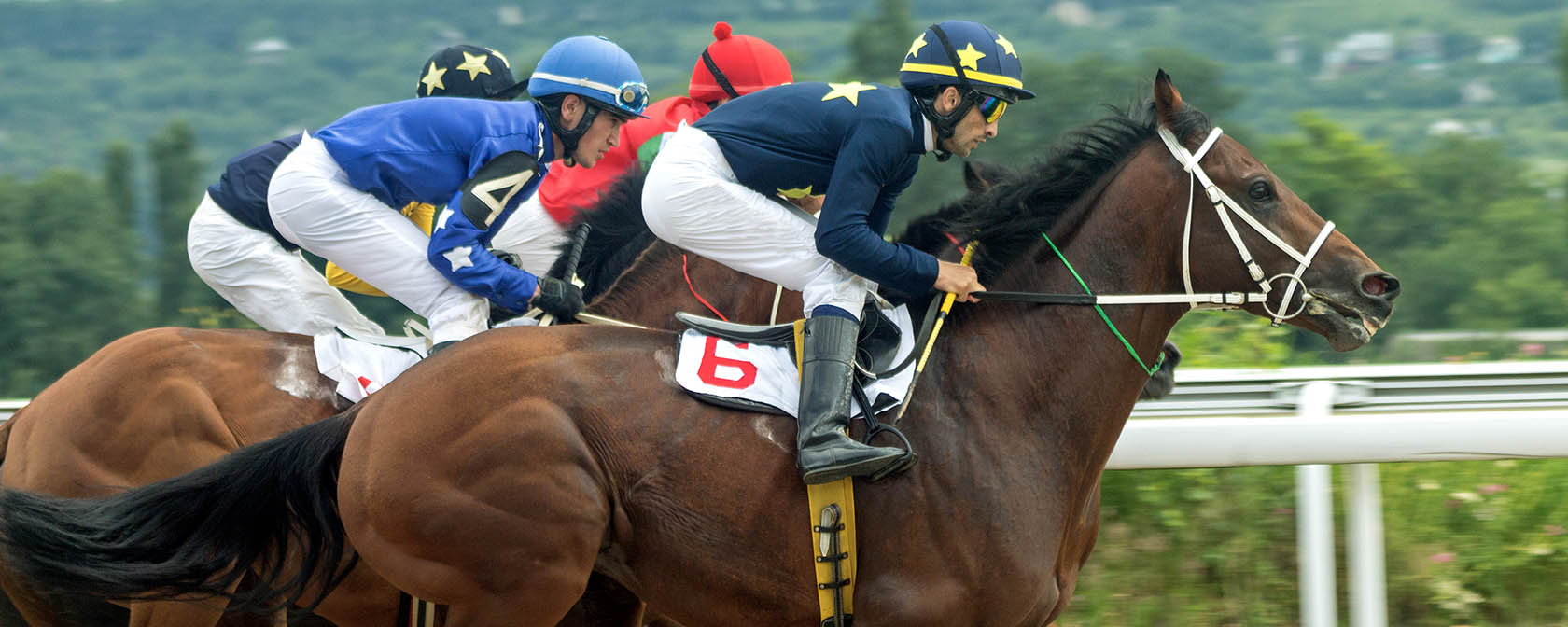By Sara Amundson and Kitty Block
Update 6/2/2021: The split sample test has confirmed that Kentucky Derby champion Medina Spirit had betamethasone in his system, according to the New York Times.
So far, the 2021 Triple Crown season has produced astonishing proof of how badly horse racing needs further regulation to ensure that horses aren’t being routinely and illegally drugged.
At the heart of this season’s controversy is the horse Medina Spirit and his trainer Bob Baffert. Medina Spirit won the Kentucky Derby on May 1. Just afterward, the horse tested positive for the drug betamethasone, a type of steroid. Since then, the case has generated a saga in which the horses, the trainers and the various regulatory powers within racing are main characters. The story of Medina Spirit also underscores why the federal legislation we pushed to pass, which will come into effect in July 2022, has the potential to greatly improve the welfare of racehorses in America.
In case you missed the scandal, here’s a short history: On May 9, Churchill Downs, host of the Derby, suspended Baffert from entering any more horses in races at its track until an investigation by the Kentucky Horse Racing Commission and a test of a “B” or split-sample (separately held specimens of blood and urine taken after a race at the same time as a primary sample) were completed.
It’s customary in the racing world to corroborate a test for illegal substances that comes back positive, but that involves a more rigorous approach that can take weeks to verify. That verification hadn’t come by the time the Preakness Stakes was held at Maryland’s Pimlico Race Course on May 15, and the Maryland Racing Commission still allowed Medina Spirit to race. He finished third.
On May 17, with the results of the second test of Medina Spirit’s split-sample from the Kentucky Derby still pending, the New York Racing Association temporarily suspended Baffert from entering horses in races at its three tracks, including Belmont Park. This means that neither Baffert nor Medina Spirit will be at the track for the Belmont Stakes this coming Saturday, June 5. NYRA based its decision to bar Baffert and his horses not only on the Kentucky Derby probe but on the fact that other horses he has trained have failed drug tests in the recent past, resulting in penalties assessed by thoroughbred racing regulators in Arkansas, California and Kentucky.
Medina Spirit’s drug test failure was the fifth to occur in Baffert’s barn over a 13-month period; four others occurred in 2020, and over the course of his four decades as a trainer, at least 30 Baffert horses have failed drug tests.
To date, the regulatory bodies in Kentucky and New York—the Kentucky Horse Racing Commission and the New York State Gaming Commission—have not taken any action against Baffert’s license because regulators cannot suspend or revoke occupational licenses without a hearing and due process.
This mixed and inconsistent approach from one state and commission to the next is unacceptable. We have long fought the use of pain-masking and performance-enhancing drugs in horse racing because they are major contributors to agonizing injuries and fatal breakdowns of racehorses in America. We waged a five-year battle to pass the Horseracing Integrity and Safety Act, which will address illicit drug use in thoroughbred horse racing by assigning primary regulatory responsibility to the United States Anti-Doping Agency (USADA). In late 2020, following a raft of failed drug tests coupled with track safety issues, we earned the support of key leaders in the Senate and House and succeeded with passage of this groundbreaking federal legislation after just four months. Once it takes effect, USADA, an entirely independent entity committed to transparency, high quality testing and laboratory accreditation, will become racing’s anti-doping and medication control enforcement agency.
For the first time in its history, horse racing will be overseen not by internal stakeholders with close relationships and conflicted interests but by the organization that has distinguished itself over the last 20 years as the official anti-doping agency for Olympic, Pan American and Paralympic sport in the U.S.
Something like the Medina Spirit mess could not happen under the Horseracing Integrity and Safety Act, not least because there would no longer be dozens of different racing jurisdictions run by the states, whose confusing patchwork of regulations and punishments fail to deter cheaters. (Even Baffert says he supports the new law.) Instead, there will be a uniform policy and tough punishments, so that a horse racing in New York will run under the same rules and standards as a horse in any other state. The free ride for cheaters is over.
There will also be strategies for getting ahead of dopers, like using tip lines to encourage industry insiders to speak up about doping and mistreatment. There will be ways to get ahead of dopers by identifying new drugs that may be entering the industry. Uniform certification of testing labs, high standards for investigation and streamlined processes for gathering and managing intel will all boost the central goal: to ensure that detection leads to deterrence so that racehorses are better protected.
While a modern regulatory regime led by a distinguished organization will not solve every challenge or problem in American horse racing, it will make it much more difficult to cheat in the sport, with greater consequences for doing so. This will play a significant part in making racing safer for horses. We can’t wait.
Kitty Block is President and CEO of the Humane Society of the United States.




